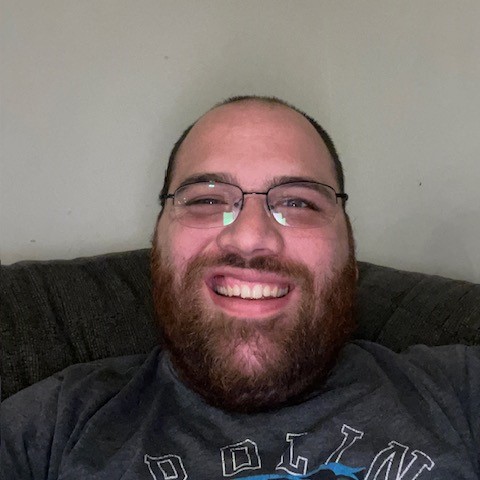Secondly, exploring the Holocaust and other genocides helps to dispel myths and misinformation surrounding these events. There are many misconceptions and distortions about what occurred during these tragedies, and studying them in-depth allows individuals to separate fact from fiction. Through education and awareness, we can combat denial and revisionist narratives that seek to minimize or erase the suffering of victims. By confronting the truth of these atrocities, we honor the memories of those who perished and ensure that history is not repeated.
Lastly, studying the Holocaust and other genocides provides invaluable lessons for humanity's future. By examining the factors that led to these mass atrocities, we can identify warning signs of potential conflicts and take proactive measures to prevent similar tragedies from happening again. Understanding the root causes of genocide enables us to promote social justice, human rights, and reconciliation in our societies. Through education and remembrance, we can strive towards a more compassionate and inclusive world where the horrors of the past are never forgotten.
My name is Robert Derringer, I have a Bachelors degree in History from East Carolina University. I wrote a book titled A History of Genocide Told Through the Lenses of Film, as I believe that films can help introduce people to uncomfortable topics.

